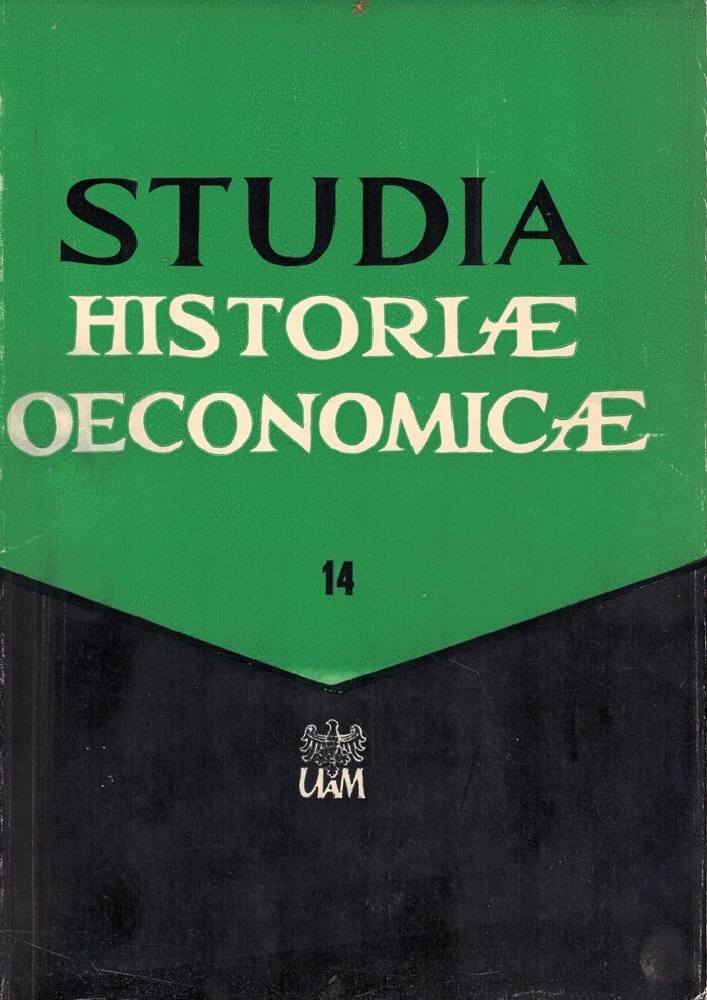Abstract
This article examines the complex and pragmatic economic relationship between Germany and Sweden during World War II, focusing on how Sweden navigated its formal neutrality while maintaining vital trade with Nazi Germany. The background is set against the collapse of Sweden’s pre-war Western trade due to the German occupation of Denmark and Norway in April 1940, which led to the Skagerrak blockade. This blockade forced Sweden to redirect almost all its foreign trade toward Germany and German-occupied Europe. The objective of the study is to analyze the structure, composition, and strategic implications of German-Swedish trade from 1939 to 1944, as well as the political constraints and bargaining strategies on both sides. Drawing on statistical data, trade documents, and policy reports, the article assesses trade flows, pricing trends, resource allocation, and credit arrangements. Key findings reveal that Sweden became economically dependent on Germany for critical imports such as coal, coke, chemicals, and machinery, while Germany relied heavily on Swedish exports – especially iron ore, steel, pulp, and ball-bearings – which were vital to its armaments industry. The study highlights the asymmetric but interdependent nature of the relationship: Sweden sought to preserve its economy and political neutrality, while Germany viewed Swedish deliveries as indispensable to its war effort. Despite Allied pressure, Sweden initially continued substantial trade with Germany, often adjusting its policy only symbolically while compensating Germany via indirect means (e.g., increasing ball-bearing steel deliveries). As the tide of war shifted in 1943–1944, Sweden gradually curtailed trade with Germany under Allied influence. The article concludes that Swedish-German wartime trade was characterized by a pragmatic "economic symbiosis," balancing national interest, neutrality, and external pressure – until military developments made this position untenable.
License
Copyright (c) 1979 Martin Fritz
This work is licensed under a Creative Commons Attribution-ShareAlike 4.0 International License.





